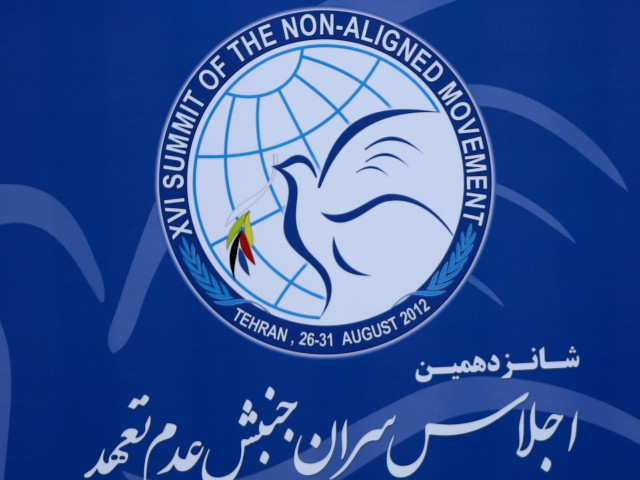Talking alignments
The NAM summit was significant in how it allowed for interaction between leaders to patch over divides.

The Summit gave an opportunity to Pakistan to demonstrate where it stands. Defying its key ally Washington, with whom relations have been uneasy of late, President Asif Ali Zardari backed enhanced trade with Iran, better bilateral ties and also the gas pipeline project running from Iran to Pakistan. While the US will obviously not be pleased with these pronouncements, there is much scope in this for Pakistan, which needs to find friends to help it in economic, social and political terms.
The two heads of state during their meeting on the sidelines of the Summit also discussed the wars in Afghanistan and Syria. While this may have been a little more than symbolic, it indicated a readiness to work together and adopt a perspective on the world different than that beamed out from Washington. The Summit was also significant in that it provided a valuable opportunity for Mr Zardari to meet India’s Prime Minister Manmohan Singh. The two leaders discussed the trial of those held for the Mumbai attack of 2008, as well as other matters. Such discussions among various world leaders can help patch over divides and even if the Summit does not produce long-lasting solutions to problems plaguing countries, it may provide some hope that conflict between nations can be resolved through dialogue.
Published in The Express Tribune, September 1st, 2012.















COMMENTS
Comments are moderated and generally will be posted if they are on-topic and not abusive.
For more information, please see our Comments FAQ